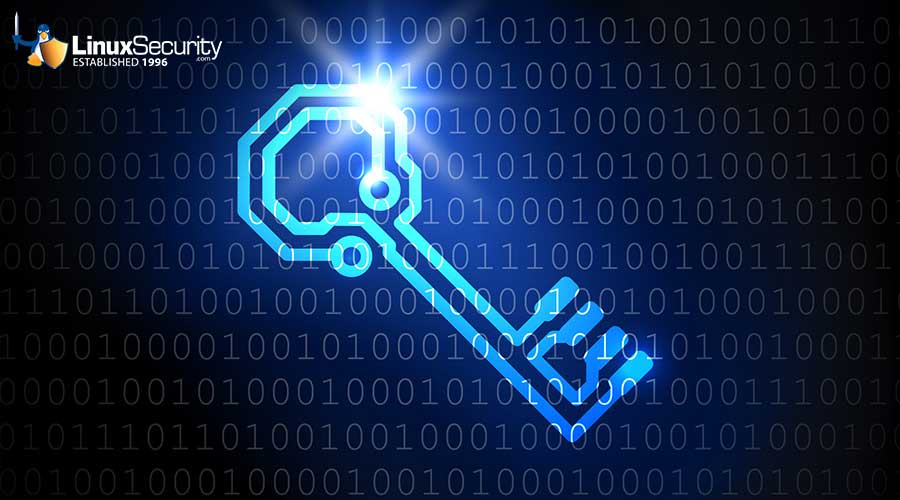Privacy, schmivacy -- No hiding on new Net
Coop and I are reacting to an idea -- I'm not sure you can call it a proposal yet -- being floated by the Clinton administration. Last week, one of the President's chief national security advisors said we should create a second, separate Internet. It would protect your privacy, yet allow authorities to track who passed information from one place to another.
Along with preventing cybercriminals from fading into the cloak of anonymity they enjoy today, it would also be designed to prevent most common security problems. The benefits of this proposal should be obvious:
The link for this article located at ZDNet is no longer available.






















